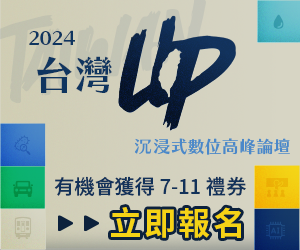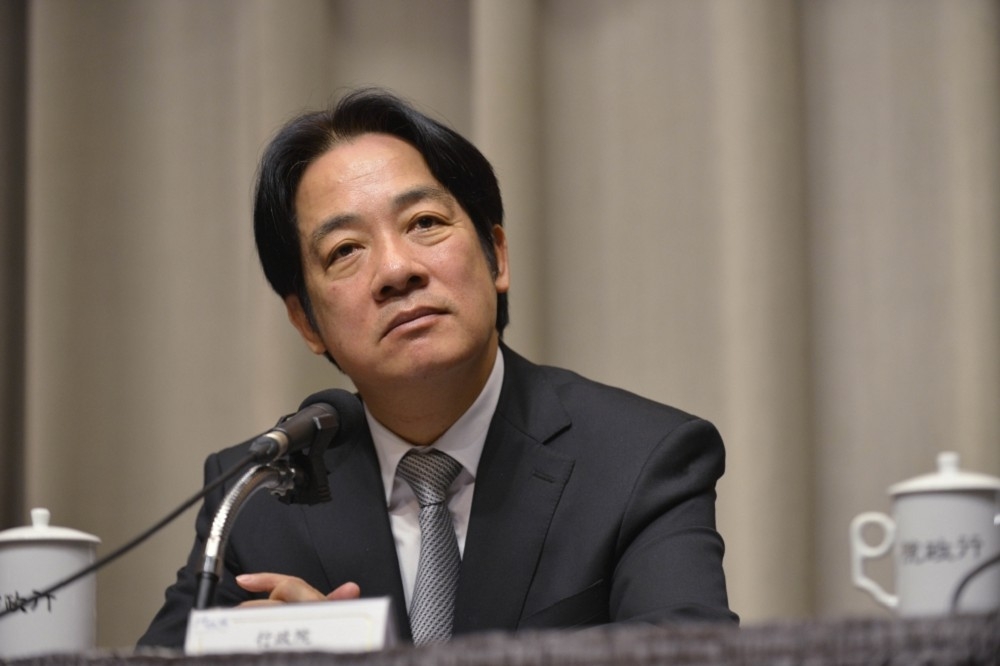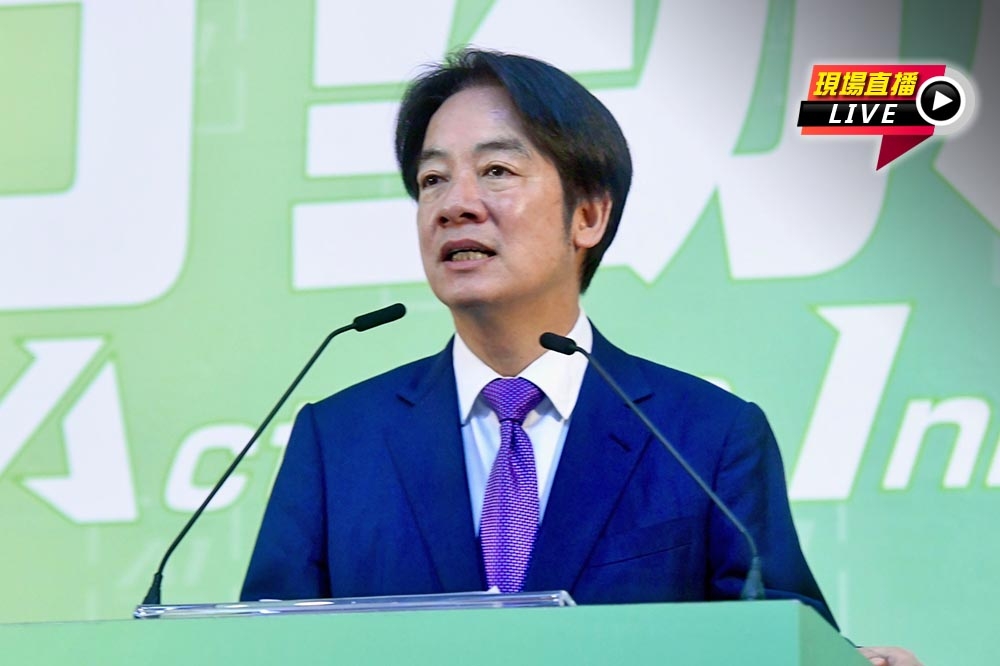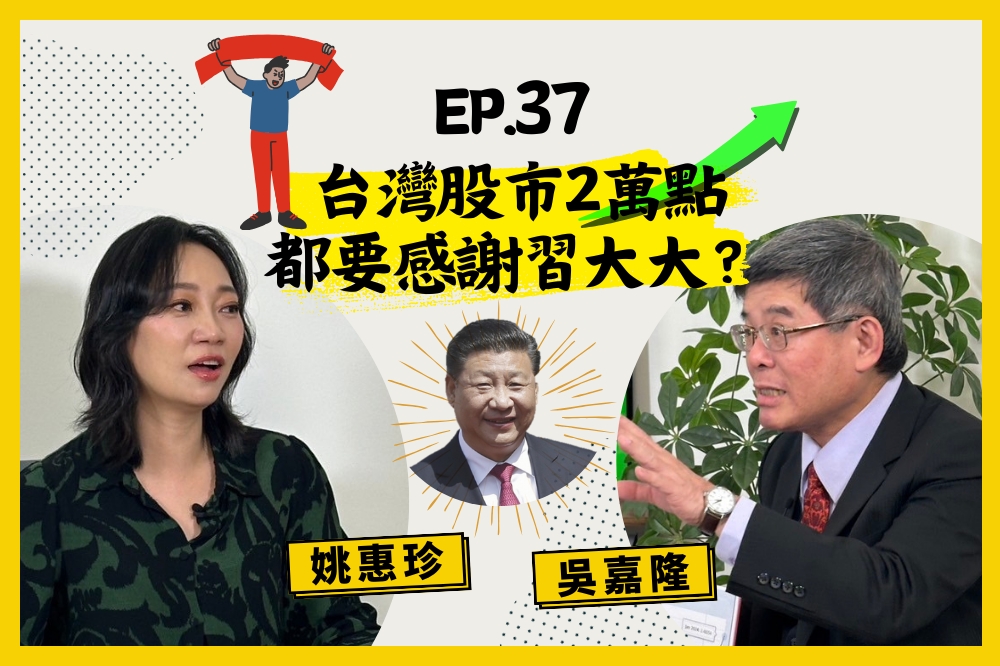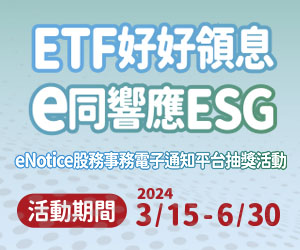上報 Up Media
toggle- 最新消息 投書:讓舊左中維持學校用地 引入頂大教學研發機能 2024-04-26 00:00
- 最新消息 女大生指控長期遭獸父性侵 嫌犯竟是台北市捷運警察隊警官 2024-04-25 22:45
- 最新消息 傳卸任後將轉台新金獨立董事 王美花回應了 2024-04-25 22:22
- 最新消息 【有片】美批准向波蘭、荷蘭出售AGM-88G飛彈 提升北約反空防能力 2024-04-25 22:00
- 最新消息 傳播學者羅慧雯曾嗆「新聞自由能吃嗎」 遭藍委點名不適任NCC委員 2024-04-25 22:00
- 最新消息 桃園3校爆體育器材採購弊案 9人涉貪交保、1女師聲押 2024-04-25 21:38
- 最新消息 陸軍海龍蛙兵轉戰AV男優 網友敲碗他與前輔導長女優「合體」 2024-04-25 21:06
- 最新消息 美光獲拜登政府補助61億美元 在紐約、愛達荷建晶片廠 2024-04-25 20:44
- 最新消息 進帳750萬噸!石門水庫蓄水率重回25% 脫離紅色警戒 2024-04-25 20:32
- 最新消息 快訊/高雄雨神狂炸 西南外海出現渦旋慎防龍捲風及冰雹侵襲 2024-04-25 20:05
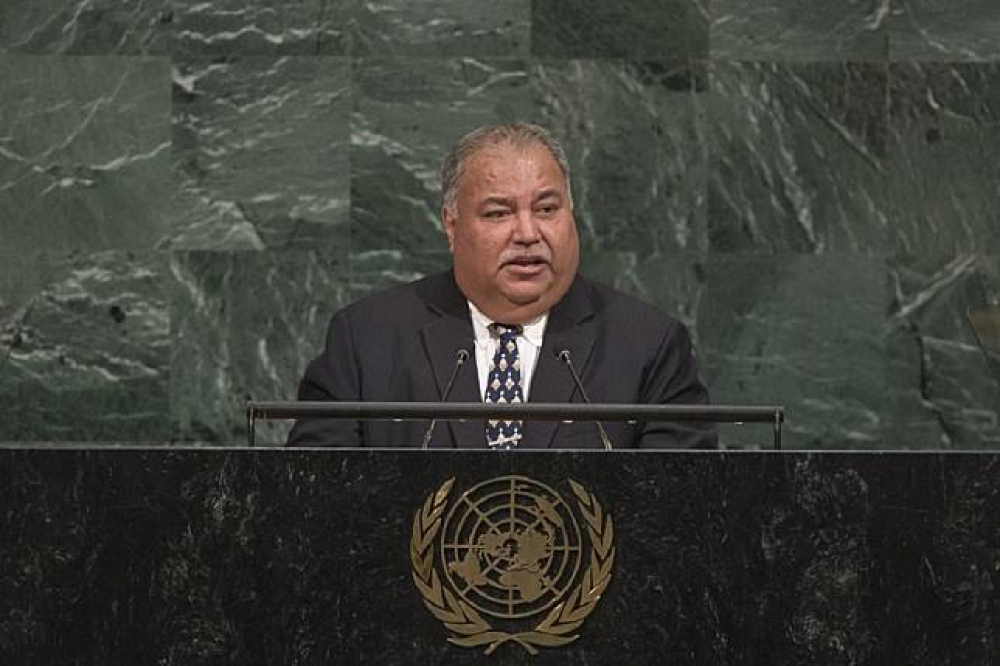
巴拉圭、史瓦濟蘭以及諾魯共和國,3台灣友邦元首在聯合國大會總辯論中發言挺台。圖為諾魯共和國總統華卡(Baron Divavesi Waqa)。(圖片取自聯合國官網)
聯合國大會總辯論在21日進入第2天議程,巴拉圭、史瓦濟蘭以及諾魯共和國3台灣友邦元首接續發言挺台,盼能為台灣參與聯合國體系尋找適當方式。而巴拉圭除了為台灣發聲,也為台灣一直以來對巴拉圭的支持表達感謝。
巴拉圭為此次聯大總辯論第一個發言支持台灣的友邦,巴拉圭總統卡提斯(Horacio Manuel Cartes Jara)發言時,先是希望委內瑞拉在其主權的基礎上,找到能和平解決危機的方案。卡特斯也對台灣的支持和援助表達感謝,希望聯合國能確立促進台灣參與其活動的最佳途徑。

非洲友邦史瓦濟蘭國王恩史瓦帝三世(H. M. King Mswati III)發言時表示,台灣已展現實現聯合國理念的重大承諾,施政上也符合聯合國組織的政策,呼籲聯合國應讓台灣加入成為聯合國會員。

南太平洋友邦諾魯共和國總統華卡(Baron Divavesi Waqa)發言說道,台灣有科技與財務方面的能力,能夠對世界發展與和平作出貢獻,盼能讓台灣成為聯合國成員的一夥,並參與聯合國活動。他也表示,台灣人民應有走遍世界的旅行自由,世界應有包容性而不該有人被遺漏。
以下為卡提斯發言全文
Statement Summary:
HORACIO MANUEL CARTES JARA, President of Paraguay, said a balance must be struck between the interests of all States in building a world order that developed relationships between sovereign nations rooted in trust and equal opportunity. The efficient work of the United Nations was crucial in that regard, he said, calling for a more inclusive and representative Security Council. Terrorism, drug trafficking and other challenges must be addressed collectively, and all stakeholders must do their part. Encouraging States — especially those bearing the greatest responsibility for the greenhouse-gas emissions — to do their part to implement the Paris Agreement and “save our planet”, he went on to outline a number of national environmental initiatives.
Since 2013, Paraguay had enjoyed full democracy and respected the rule of law, he said, and benefitted greatly from international investment. It also had joined the Organisation for Economic Co-operation and Development (OECD) and a World Intellectual Property Organization (WIPO) advisory committee, among other international bodies. “Paraguay now goes beyond our own borders,” he stressed, adding that regional integration had benefits for all stakeholders. Paraguay was working within the Southern Common Market (MERCOSUR) to boost regional economies, and globally, was committed to the 17 Sustainable Development Goals, having implemented a number of national programmes to advance their implementation.
Recalling his administration’s three initial goals of poverty reduction, inclusive economic growth and allowing Paraguay to take its place in the world, he said the country had changed its national culture to reflect the principles of accountability and transparency. Strong emphasis had been placed on social investments and reducing inequality. The Government was also implementing flagship programmes related to cash transfers, food subsidies and education for poor, young people. It had granted a record $140 million in post-graduate scholarships for young people to study at 50 of the world’s most prestigious universities, many of whom returned to Paraguay to use their knowledge at home. The Government had also provided more than 30,000 new housing units for families that had been ignored by previous administrations, he said.
Reaffirming Paraguay’s commitment to peaceful conflict resolution, he said the prohibition of nuclear weapons was enshrined in its national laws. On the global level, nuclear disarmament should be carried out under a universal, legally-binding instrument. He condemned the “irrational”, “provocative” acts of the Democratic People’s Republic of Korea, outlining his expectation that the Assembly would do the same. Terrorism must be combated through concerted global efforts, he said, voicing support for United Nations peacekeeping operations, the protection of human rights, and the objective and impartial work of the Human Rights Council. Expressing hope that Venezuela would find a peaceful solution to its crisis in the context of sovereignty, he expressed gratitude for Taiwan’s support to his country, and hope that the United Nations would identify the best way to facilitate Taiwan’s participation in its activities.
以下為恩史瓦帝三世發言全文
Statement Summary:
MSWATI III, King of Swaziland, said tangible progress must be made on reforming the United Nations, of which the Security Council was a key aspect. To that end, Swaziland reiterated Africa’s call for permanent Council membership, in accordance with the Ezulwini Consensus, and urged the United Nations to heed the “voice of millions of Africans” wishing to contribute to the global community as equal partners.
He went on to urge Member States to address nuclear threats, saying “no country has the right to make the world an unsafe place to live in and we owe it to our people and to future generations to put a stop to it”. Terrorism remained a significant threat and a setback to key developmental issues, he added. Swaziland retained its firm belief in consultative, transparent and all-inclusive decision-making in pursuing social, economic, cultural and political development, he said, reiterating the country’s commitment to the Sustainable Development Goals. It had undertaken several initiatives to mainstream and localize the Goals through public awareness campaigns, consultations, education and training. The Sustainable Development Goals were integrated into the National Development Strategy, which had been revised to capture linkages with the Goals and the African Union Agenda 2063, and contained institutional arrangements to monitor implementation.
Climate change, which had caused severe drought conditions in the Southern African Development Community (SADC) in 2015/2016, had adversely affected crop production in the subregion, he said, thanking the United Nations, development partners, the international community, non-governmental organizations and local organizations for their support during that natural disaster. While efforts to subsidize farming inputs and develop the water harvesting infrastructure needed to enhance food sufficiency would continue, donors were urged to fulfil their pledges to the green fund and to adopt policies that would balance the production of essential products with environmental sustainability. Improvements had been made in education for sustainable development, he said, noting that Swaziland had seen the net enrolment ratio in primary schools rise from 79.2 per cent in 2000 to 97.7 per cent in 2015. That reflected efforts to ensure that all children had access to education, regardless of their socioeconomic status. School feeding schemes provided adequate nutrition, and several all-inclusive initiatives, including livelihood grants for the elderly, had been put in place to further support the 2030 Agenda and Agenda 2063.
He went on to state that Swaziland would host SADC’s University of Innovation and Technology, which would produce skilled manpower and provide solutions to meet the skills gap. To that end, he called for support from highly educated facilitators and the international community. The national workforce had overcome severe social, economic, and environmental challenges, as noted in the national guiding theme for 2017, “Rising Above Adversity to Create Prosperity for All”, he said. He reiterated the critical need to address the “demographic dividend” by accelerating implementation of the African Union road map to investing in youth.
Swaziland aimed to be AIDS-free by 2022, and, as such, required collective action by the Government, international donors and other stakeholders to address the HIV and AIDS pandemic through concerted policies, he said. Findings from the Swaziland HIV Incidence Measurement Survey revealed that more than 70 per cent viral load suppression among adults living with HIV had been achieved, as had a reduction of nearly 50 per cent in HIV incidence between 2011 and 2016. He went on to highlight malaria eradication efforts, recalling that Swaziland had been elected Chair of the African Leaders Malaria Alliance during the African Union Summit in January 2017. In closing, he called for Taiwan’s participation in the United Nations, saying that country had demonstrated commitment and aligned itself with the Organization’s priorities.
以下為華卡發言全文
Statement Summary:
BARON DIVAVESI WAQA, President of Nauru, said that small island developing States represented a special case for development due to their small size and population, few natural resources and vulnerability to economic and environmental shocks. The global economic system had not been created with them in mind, he added. While developing countries had demonstrated the political will to engage in climate action, most of them lacked resources and called upon friendly countries and partners to provide assistance and reinforce partnerships on the basis of such national priorities as renewable energy, land rehabilitation, water security and strengthening infrastructure.
He warned that the failure to realize the Paris Agreement goal of maintaining warming below 1.5°C would be devastating for small islands, describing climate change as their defining security challenge of the century. Nauru supported the proposal by the Pacific Small Island Developing States to appoint a United Nations Special Representative on Climate and Security, he added. The prosperity of Nauru’s people depended on ensuring the health of the oceans, he continued, emphasizing that small island developing States must be taken into account in the consideration of all ocean matters. Nauru called for the convening of an intergovernmental conference to draft a new implementing agreement on the preservation of oceans.
Illegal and unregulated fishing was a threat and an economic loss to Nauru’s economy, he continued, stressing the need to reinforce security on the oceans. To that end, he called upon the country’s partners to continue existing programmes and partnerships, saying he looked forward to partnering with other law enforcement agencies throughout the Asia-Pacific region and beyond. He also underscored the difficulty of accessing the funding mechanisms of many international programmes, while describing private investments as unreliable. Nauru needed a capacity-building effort backed by real resources, including the presence of development partners when necessary, he stressed.
He called upon the Democratic People’s Republic of Korea to engage in dialogue with its neighbours, pointing out that its threats against the Republic of Korea, Japan and the United States placed many small countries in the Pacific, such as Nauru, potentially in the line of fire. That was unacceptable, he emphasized, urging the Democratic People’s Republic of Korea to stop its threats and launches into the Pacific Ocean.
Describing Taiwan as a State with the technical and financial capacity to make contributions to world peace and development, he said that country wished to engage in the partnerships and activities of the United Nations system. The Taiwanese people must be given the freedom to travel, he added. He also reiterated calls for an end to the economic, commercial and financial blockade imposed by the United States against Cuba.
【熱門點閱推薦】
●《大家論壇》中國視角:掌握北韓90%貿易成中國唯一制裁利器
●金鐘視帝《麻醉風暴2》當立委 莊凱勛:他可能是唯一反派角色
●遭川普批「流氓」國家 伊朗總統反嗆「政壇菜鳥」
【延伸閱讀】
●【聯合國大會】巴拉圭總統建言:希望能讓台灣參加活動
●川普聯合國演講「毀滅」說法 遭北韓譏諷「狗吠」


